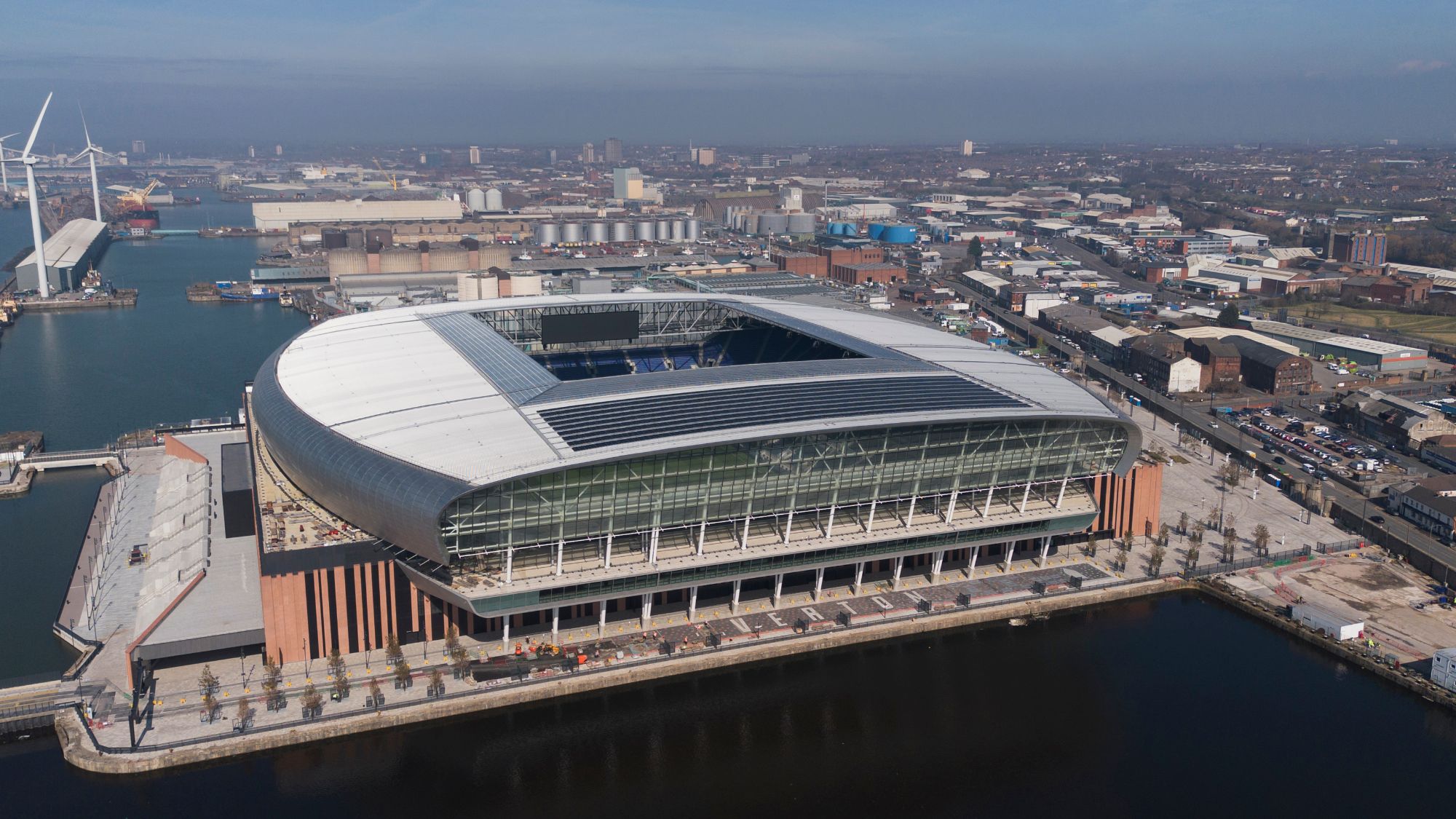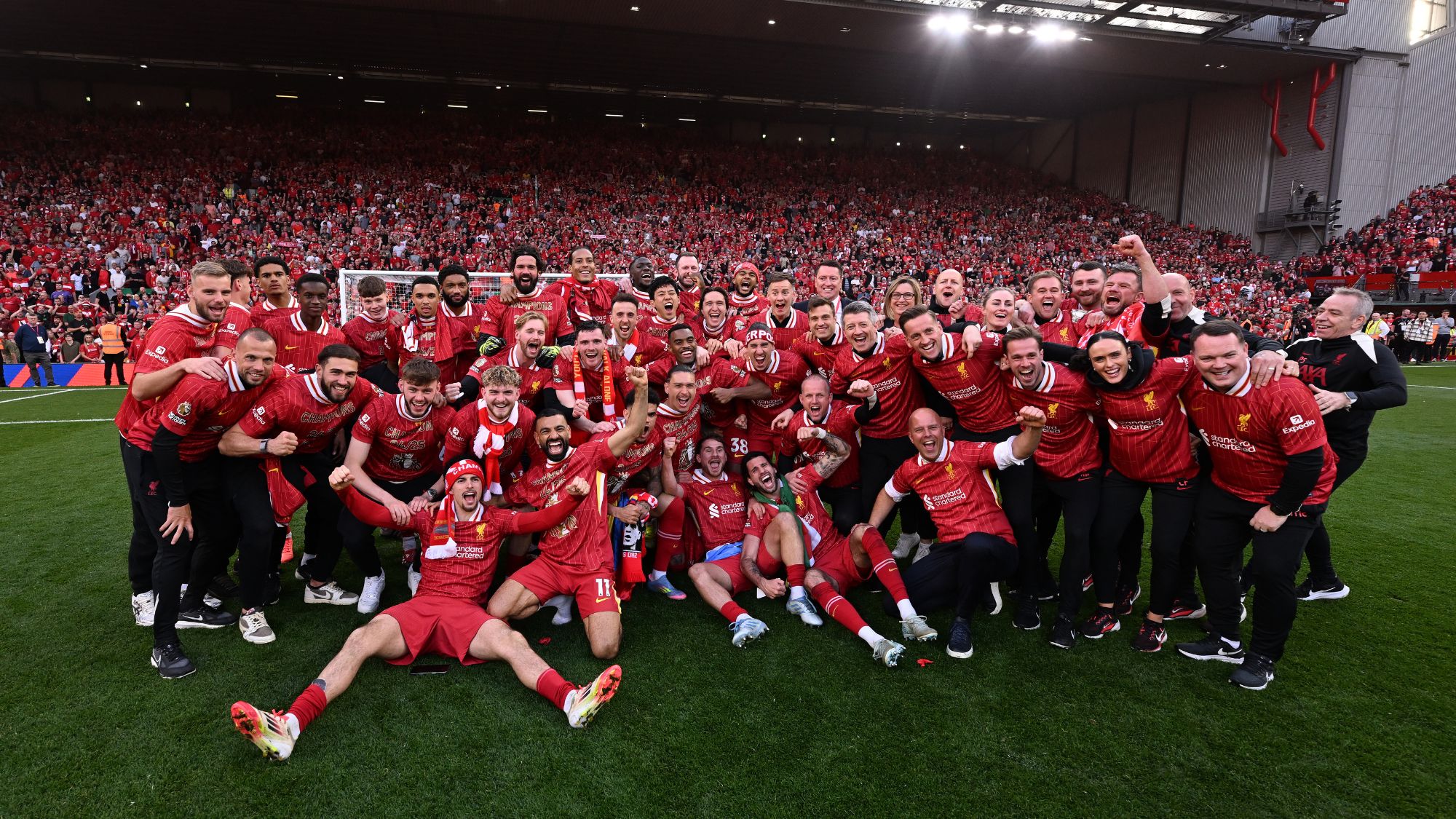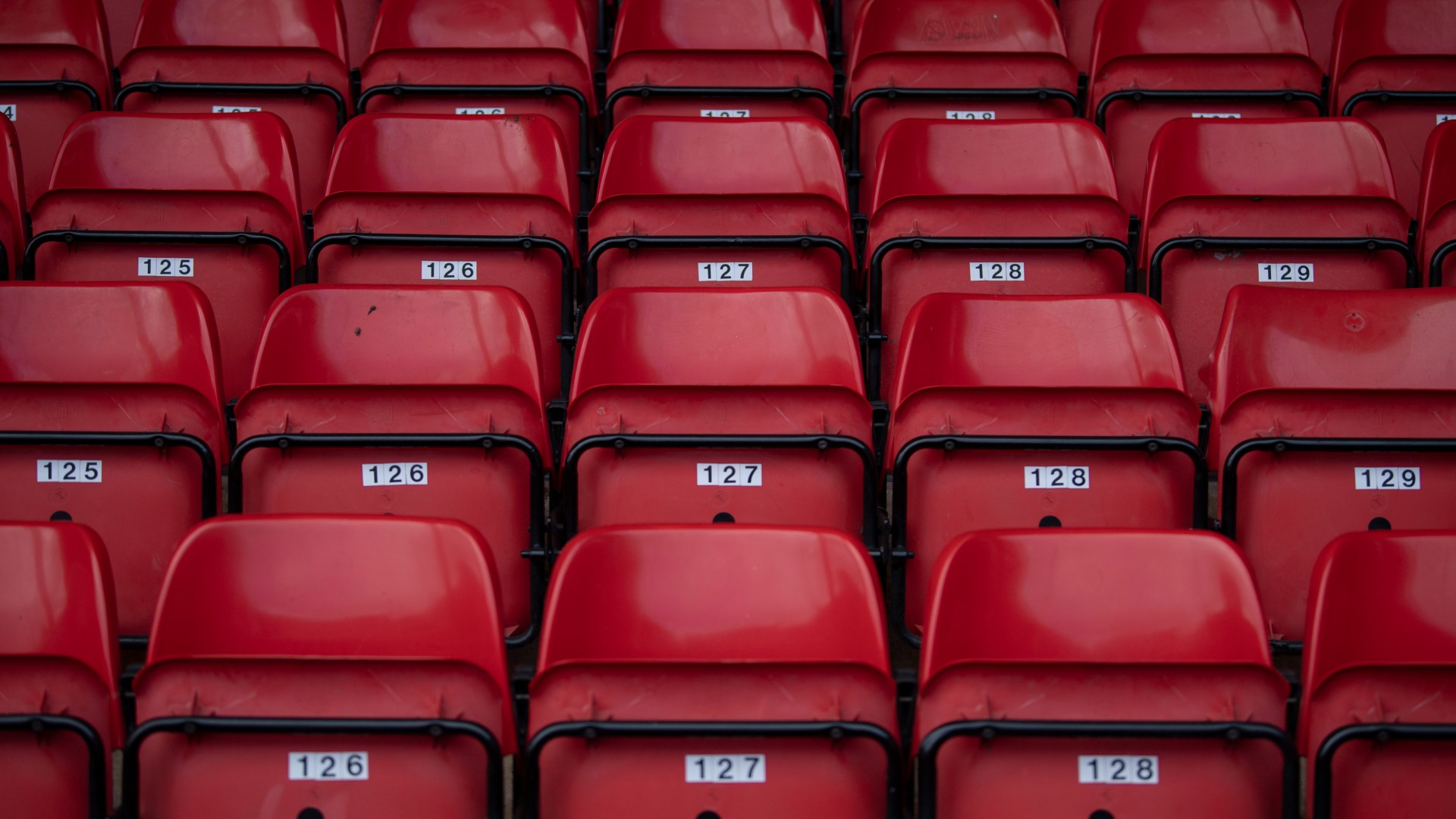Arsenal crisis: Sanchez row exposes 'weak, muddled' Wenger
Gunners boss is on the back foot as he denies rift despite dropping his star player for key game at Anfield

A free daily email with the biggest news stories of the day – and the best features from TheWeek.com
You are now subscribed
Your newsletter sign-up was successful
Arsene Wenger has rejected reports of a bust-up with Arsenal's star striker Alexis Sanchez, who was mysteriously dropped to the bench on Saturday as the Gunners lost 3-1 to Liverpool.
In the wake of another damaging defeat and with claims of mutiny in the ranks, it has been a deeply damaging weekend for the Arsenal manager. Many believe he will leave at the end of the season.
Tales of a training ground bust-up appeared across the board at the weekend. The details of the story were consistent across different media and this prompted BBC Match of the Day 2 presenter Mark Chapman to suggest that the story was genuine.
The Week
Escape your echo chamber. Get the facts behind the news, plus analysis from multiple perspectives.

Sign up for The Week's Free Newsletters
From our morning news briefing to a weekly Good News Newsletter, get the best of The Week delivered directly to your inbox.
From our morning news briefing to a weekly Good News Newsletter, get the best of The Week delivered directly to your inbox.
Wenger shared a public handshake with Sanchez at a training session on Monday morning. Body language expert Judi James in the Daily Mirror likened to it "an awkward ritual that is performed for the cameras".
The French manager also dismissed claims of a row as "completely false", reports the BBC. "I'm not aware, nothing happened," he said. After the game on Saturday he claimed that the decision to drop Sanchez had been tactical.
Few people will believe him. The latest Emirates soap opera could be the last straw for many fans as, whatever the truth of the matter, Wenger has been made to look foolish.
"If Sanchez was left out of the starting XI as a punishment, bringing him on for the second half made it a half-hearted scolding, to say the least," says Nick Miller of The Guardian.
A free daily email with the biggest news stories of the day – and the best features from TheWeek.com
"The halfway house just seems like another example of muddled thinking from Wenger, or perhaps weakness: he wanted to punish Sanchez but did not have enough conviction to go without him as an insurance policy.
"It is arguably worse if we take Wenger's explanation at face value: tactics or not, being unable to find a place for his most potent forward among four attacking places verges on the surreal."
Wenger also claimed on Monday that he "built" Arsenal, but Matthew Syed, writing in The Times, warns that is part of the problem at Arsenal.
"If you look at the arc of the past few seasons, Wenger has found it increasingly difficult to question his own assumptions (on Saturday, he said he had no regrets about dropping his star player), particularly when things have gone against him.
"Criticism from outside the club has been regarded, not as an opportunity to think differently, but as a reason to hunker down. Instead of looking beyond the barricades of the club, to other sports and industries, for fresh ideas, as the young Wenger once did, the tendency has been to point to the past by way of self-justification."
Arsenal, he argues, are in danger of following in the footsteps of Kodak and Polaroid, who dwelled on past successes and went from innovation to oblivion.
-
 The environmental cost of GLP-1s
The environmental cost of GLP-1sThe explainer Producing the drugs is a dirty process
-
 Greenland’s capital becomes ground zero for the country’s diplomatic straits
Greenland’s capital becomes ground zero for the country’s diplomatic straitsIN THE SPOTLIGHT A flurry of new consular activity in Nuuk shows how important Greenland has become to Europeans’ anxiety about American imperialism
-
 ‘This is something that happens all too often’
‘This is something that happens all too often’Instant Opinion Opinion, comment and editorials of the day
-
 Amorim follows Maresca out of Premier League after ‘awful’ season
Amorim follows Maresca out of Premier League after ‘awful’ seasonIn the Spotlight Manchester United head coach sacked after dismal results and outburst against leadership, echoing comments by Chelsea boss when he quit last week
-
 How do new stadiums affect football clubs?
How do new stadiums affect football clubs?In the Spotlight Everton's decision to move its men's team out of Goodison Park could be a catalyst for vital change, but there are cautionary tales too
-
 Liverpool's Anfield redemption: how did they do it?
Liverpool's Anfield redemption: how did they do it?Talking Point Arne Slot's blueprint and standout player performances guide the Reds to record 20th league title
-
 Where are all the English football managers?
Where are all the English football managers?Talking Point Eddie Howe's Carabao Cup success underlines absence of homegrown coaching talent in the Premier League
-
 New Trafford: can it fix Manchester United's footballing problems?
New Trafford: can it fix Manchester United's footballing problems?Talking Point Plan for £2 billion stadium despite staff job losses and lack of success on the pitch
-
 The Premier League's spending cap: levelling the playing field?
The Premier League's spending cap: levelling the playing field?Talking Point Top clubs oppose plans to link spending to income of lowest-earning club, but rule could prevent success gap from widening
-
 Is a new English football regulator an own goal for the game?
Is a new English football regulator an own goal for the game?Talking Point PM hails 'historic moment for football fans' but West Ham owner warns it could 'ruin' Premier League
-
 English football and the etiquette of leaving the stadium early
English football and the etiquette of leaving the stadium earlyTalking Point The belief that 'true fans stay to the end' does not always apply